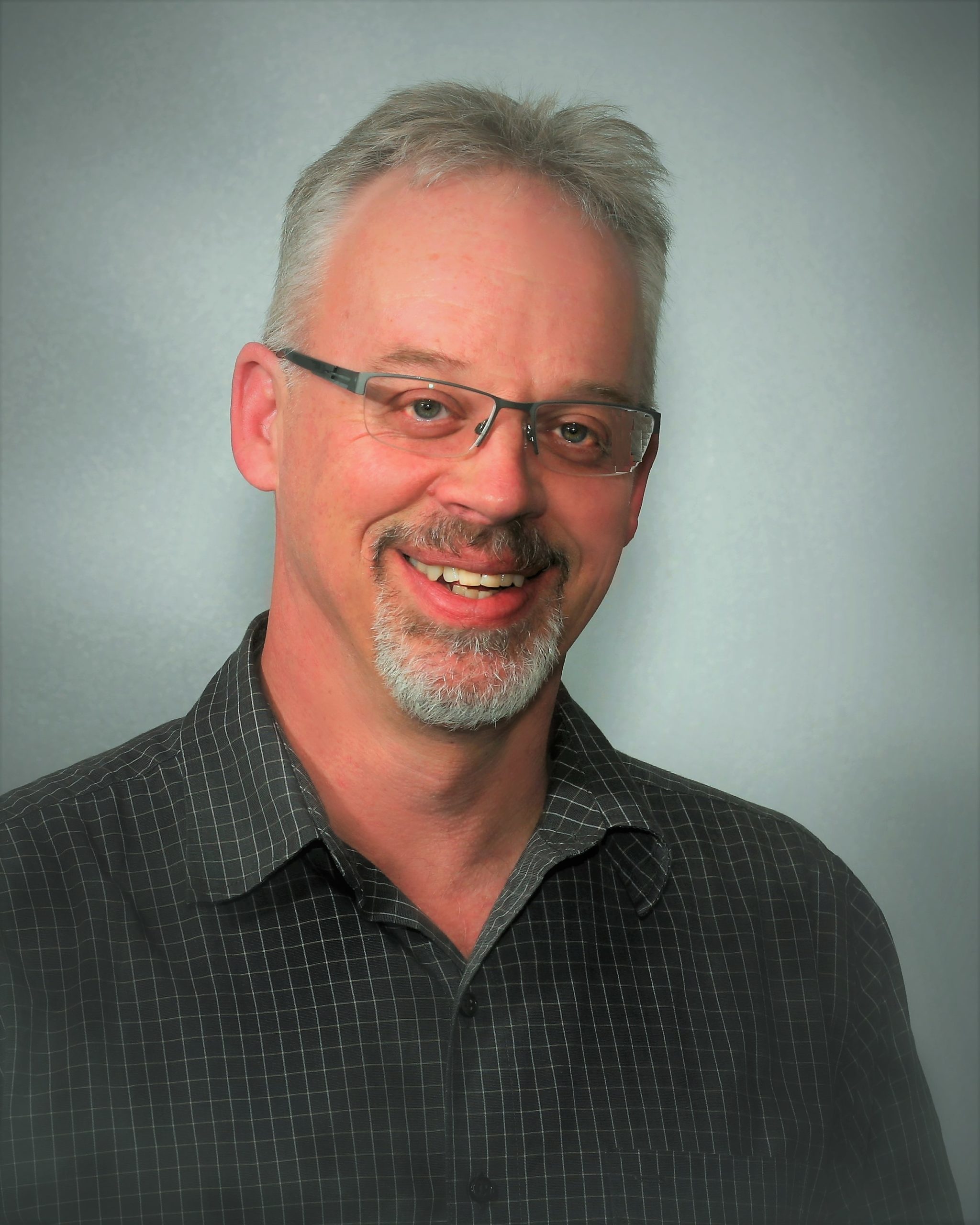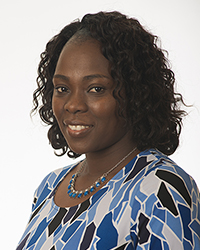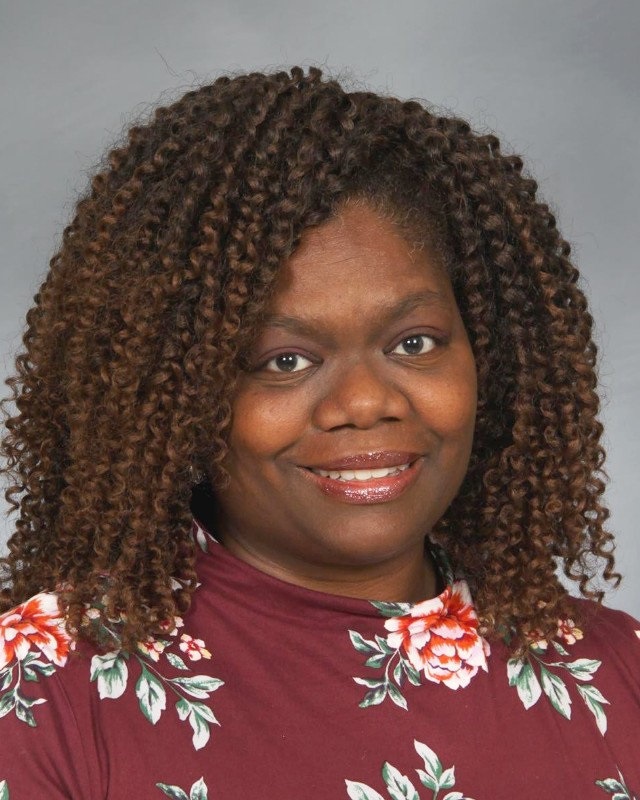Baker, David, MA
David Baker is the director of Missouri Assistive Technology, Missouri’s federally funded state assistive technology program. David’s interest and involvement in assistive technology began nearly 30 years ago when he had the pleasure of working with an individual who was using one of the first commercially available augmentative communication devices. Fascinated with what adapted technology can do to level the playing field and open opportunities, David has devoted his entire professional career to the incorporation of assistive technology into the daily lives of individuals with disabilities. David has held a variety of positions that have seen him involved in all facets of assistive technology including training, program development and program management. He has presented widely on both the state and national level. His areas of expertise include assistive technology in educational settings, accessible educational materials and assistive technology in employment settings.
Presentation(s):



